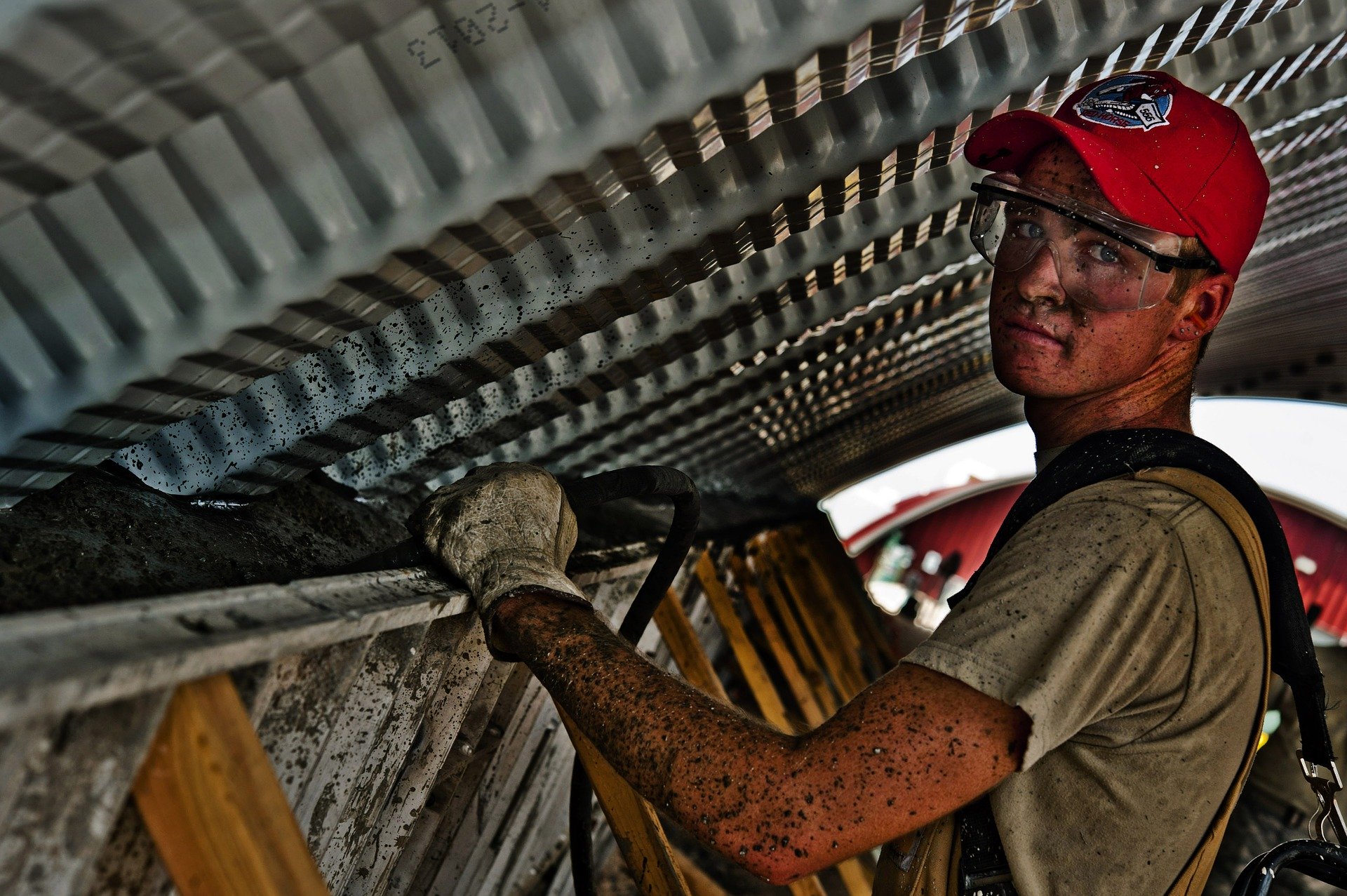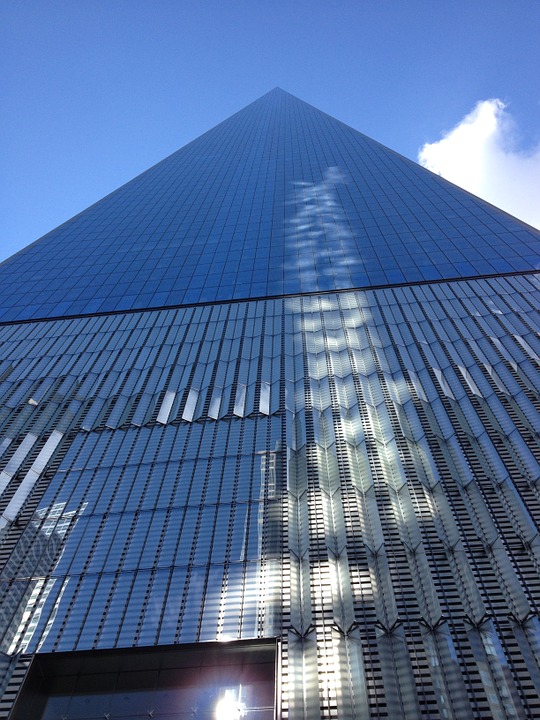Who is to foster your children when you divorce?
December 26, 2019What if your workplace is taken over and you are dismissed?
December 26, 2019
Korean Labor Standards Act (hereafter referred to as the “Act”) fundamentally aims to secure and improve the fundamental living standards of workers. Then who are the workers? The Article 2 of the Act defines the term “worker” defines as “a person, regardless of the kind of occupation, who offers labor to a business or workplace for the purpose of earning wages”. Then, can one who made a freelancer contract be a worker and protected by the Act? These days, many foreign teachers in Korea work as freelancers. Therefore, it is greatly important to ask the questions whether a freelancer can be a worker or not. However, it cannot be answered in a word. In this post, I deal with the criteria that Korean Supreme Court (hereafter referred to as the “Court”) suggested in order to determine who would be a worker.
According to the Court, the title of the Contract is not critical in telling whether a freelancer is a worker or not. Rather, when judging whether the freelancer is a worker or not, many factors on the relationship between the employer and the freelancer should be considered. In other words, it is decisive to consider whether the freelancer is subordinate to the employer.
In particular, the Court gave several facts in determining whether the relation between the freelancer and the employer as follows; the fact that the employer establish rules for working; the fact that the employer decide what kind of work the freelancer performs; the fact that the freelancer cannot hire any other person; the fact that the freelancer does not take risk of the business; the payment means remuneration for the work; the fact the contract is exclusive to the employer; and other related facts to determine the relation is subordinate.
As above, even if one made a “freelancer contract”, you shall not be too quick to the conclusion that he or she cannot be protected by the Act. Rather, it is necessary to look into what the contract states and whether the freelancer is subordinate to the employer or not. Please do not forget the fact that the Act was established for the purpose of securing the right of not “the nominal workers” but the “real workers”.
If you have any further inquiries, please request a consultation (https://lawyerhwang.com/consultation/). My office is located near Seoul District Court and Gyodae station in Seoul.
Related posts
Blog Articles
Contact Information
201, 160, Seochojungang-ro, Seocho-gu, Seoul, Republic of korea.
Phone: +82-2-535-1235
Mobile: 010 5349 1235
Fax: +82-2-536-1236
Email: [email protected]

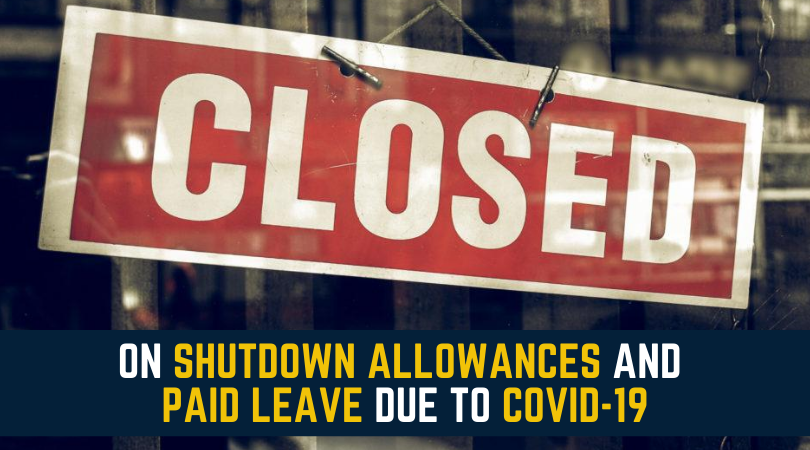
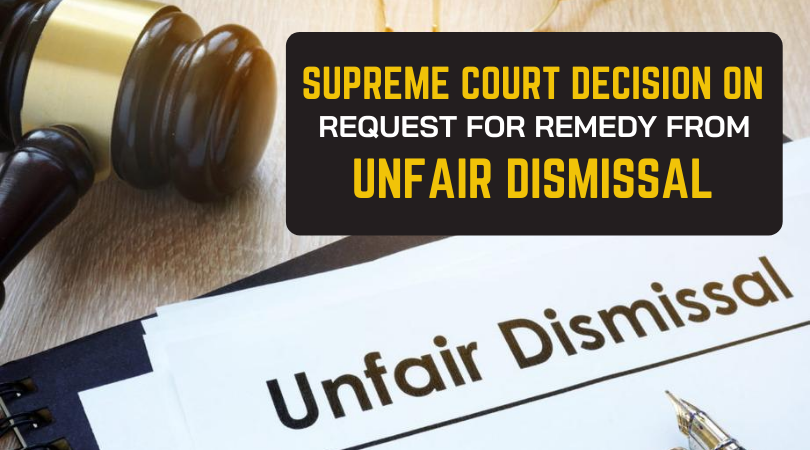














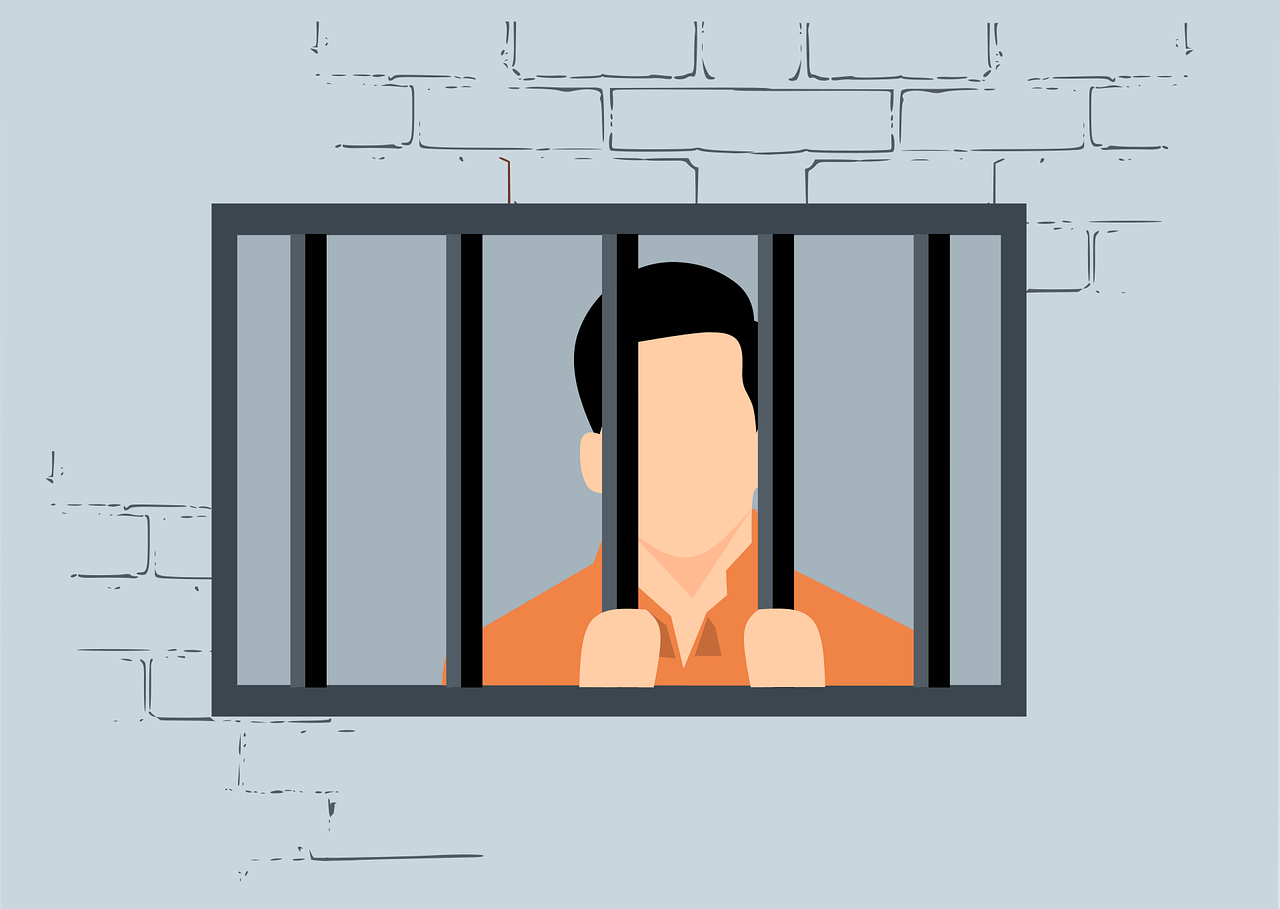











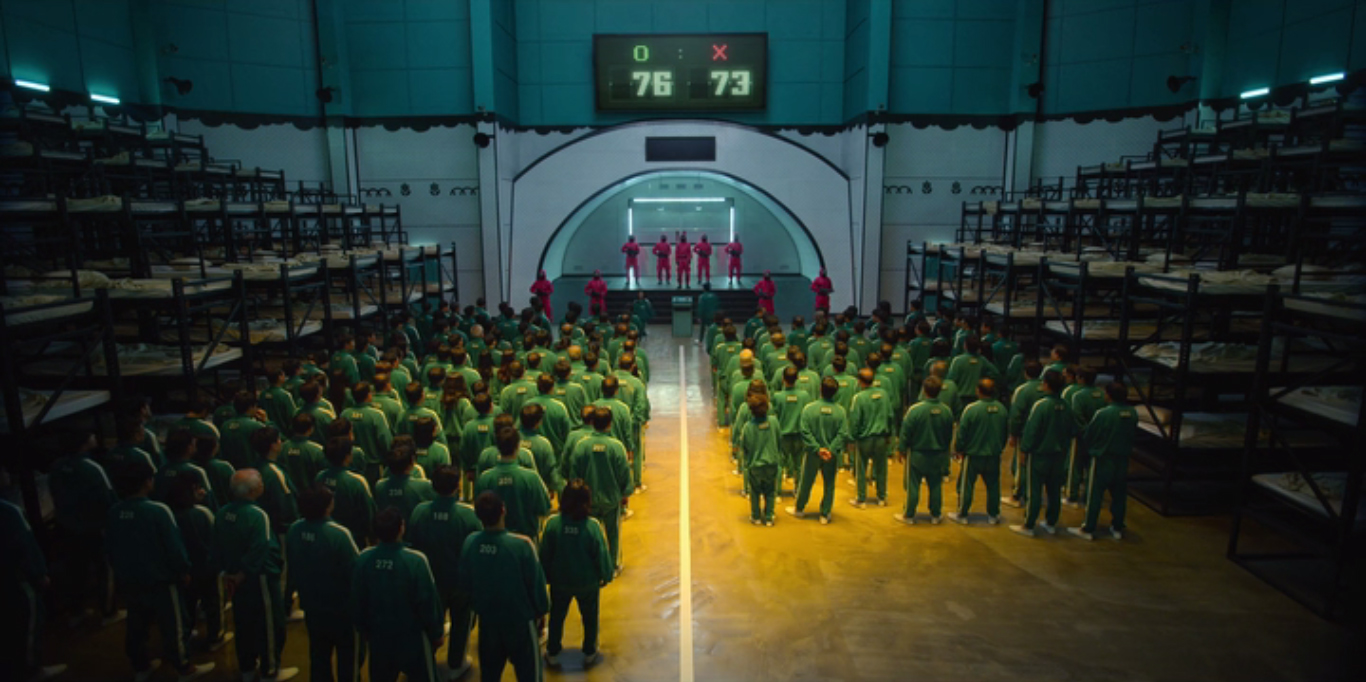

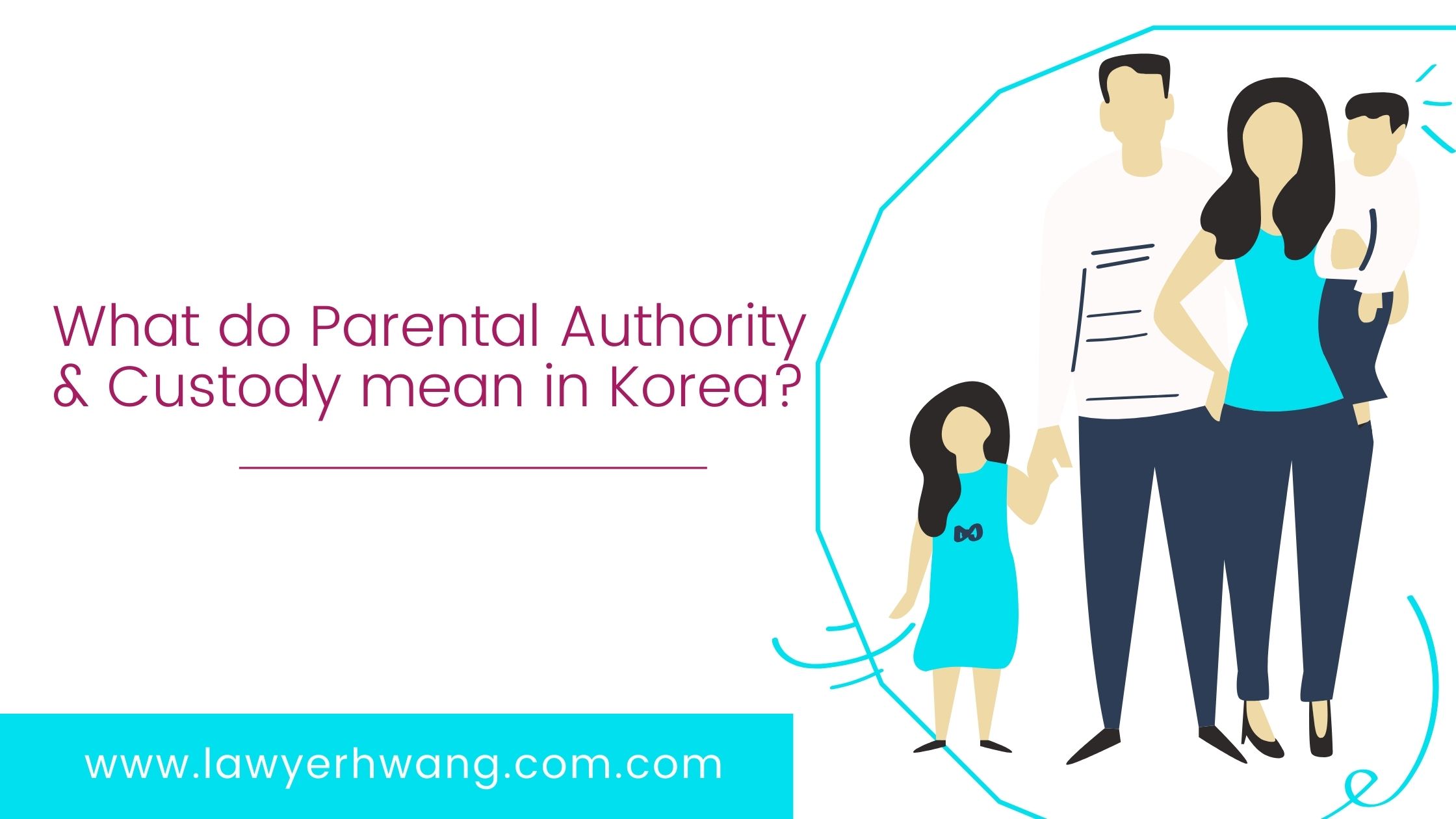


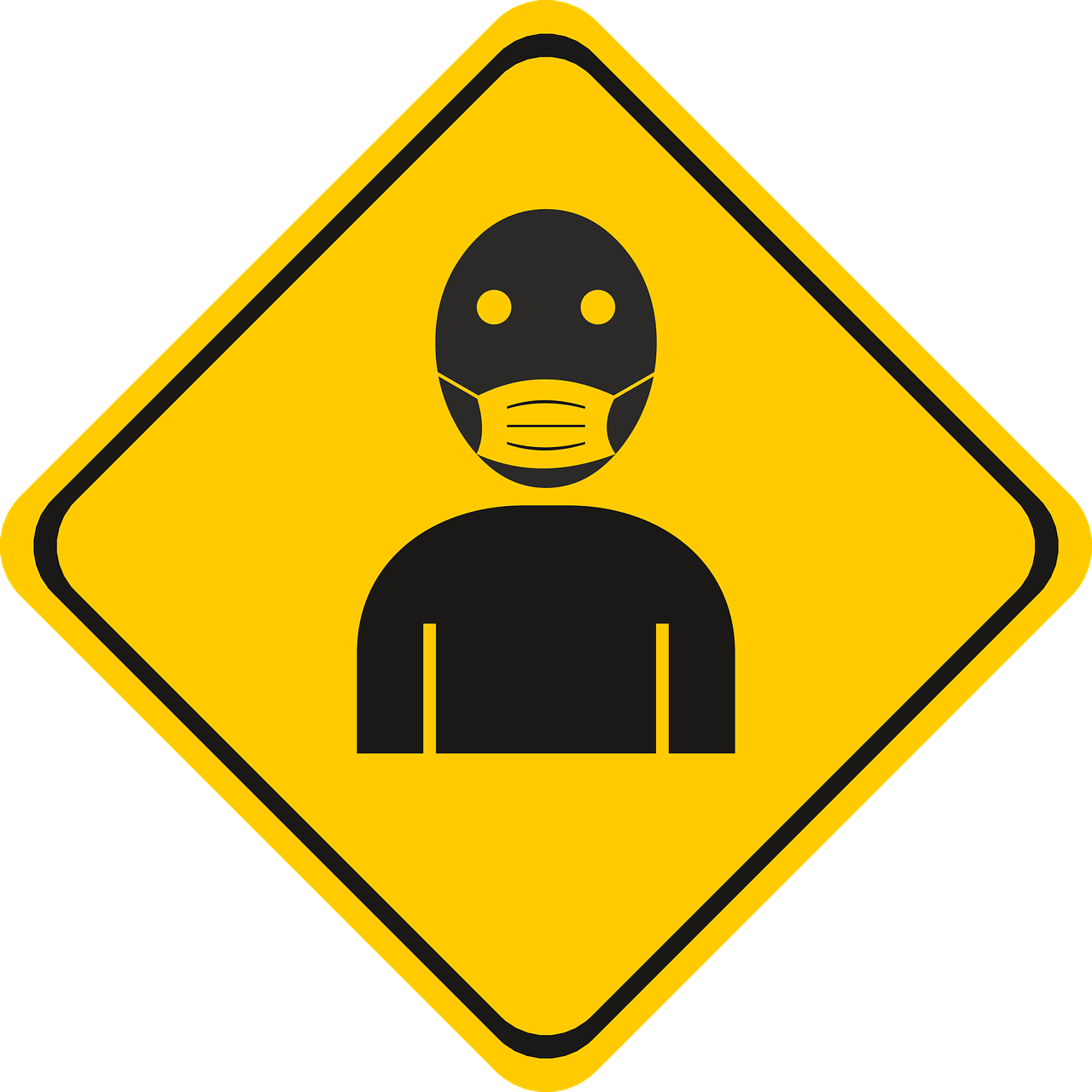
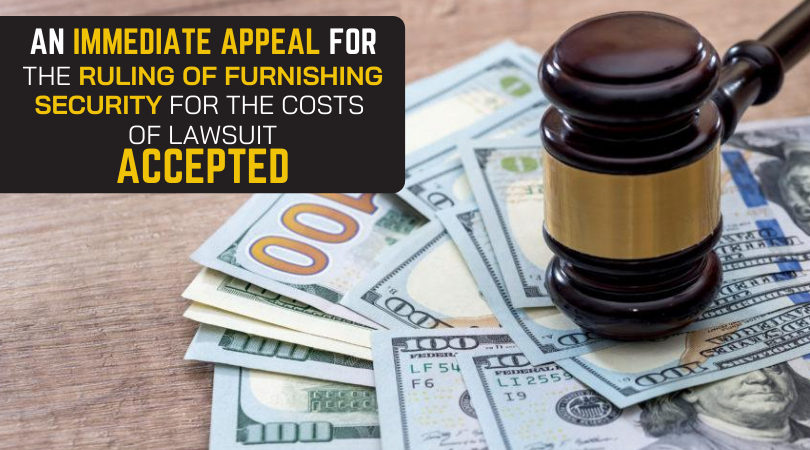
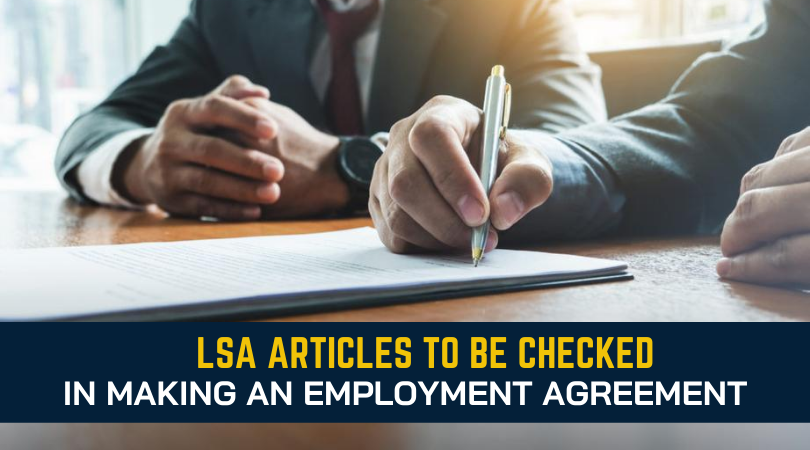
![[Supreme Court Decision – Criminal Law] – On Intent of Defamation](https://lawyerhwang.com/wp-content/uploads/2020/03/Supreme-Court-Decision-–-Criminal-Law-–-On-Intent-of-Defamation.png)
![[Supreme Court Decision – Criminal Law] – On Uploading a “Torrent File” of Obscene Videos](https://lawyerhwang.com/wp-content/uploads/2020/03/Supreme-Court-Decision-–-Criminal-Law-On-Uploading-a-“Torrent-File”-of-Obscene-Videos.png)



























